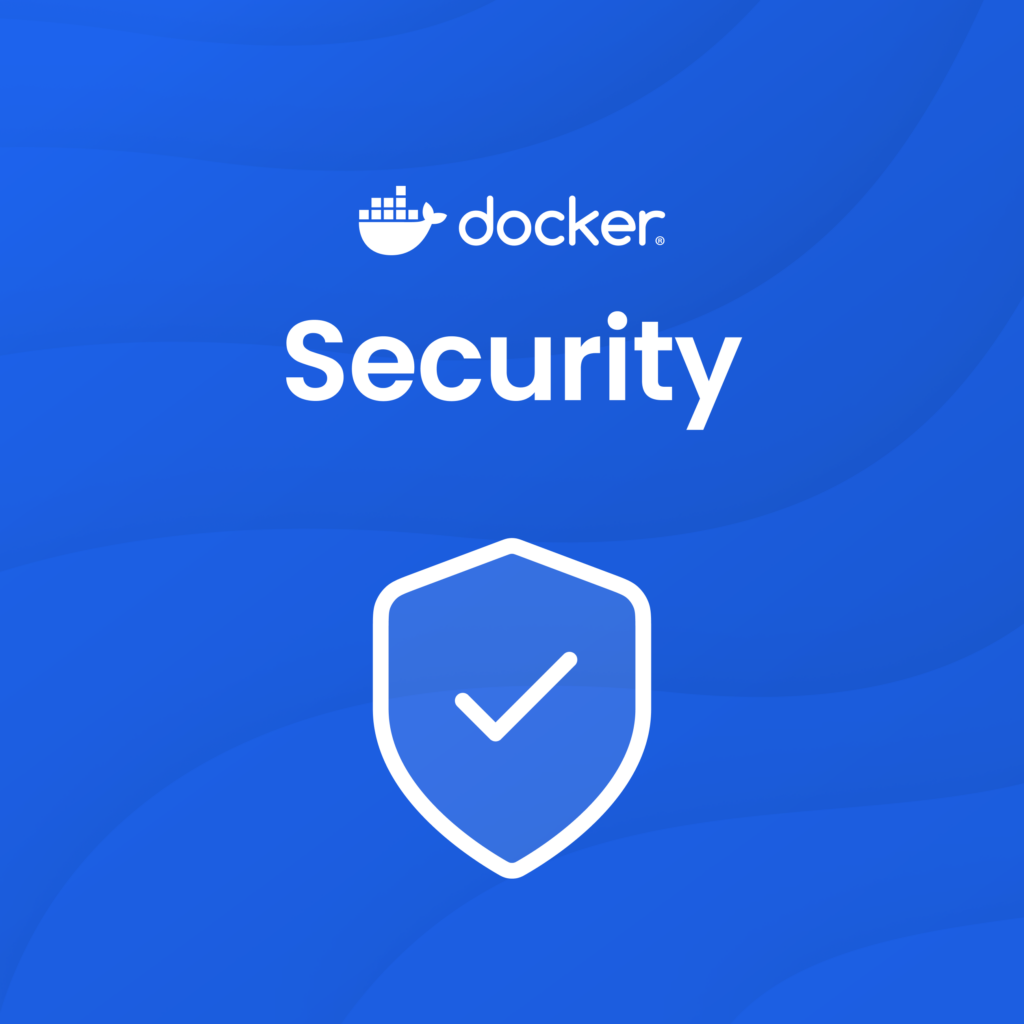In the dynamic world of software development, ensuring security and compliance is crucial. These aspects are not mere formalities but are deeply rooted in comprehensive risk assessments aimed at identifying and mitigating evolving vulnerabilities and potential attack paths. For development teams, the primary focus should always be on innovation and creating exceptional software solutions, without the looming worry of security flaws.
This article delves into the ways Docker Hub and Docker Scout aid development teams in maintaining a secure and compliant software supply chain. For those unfamiliar, Docker Hub is a cloud-based repository where developers can store and share container images. Docker Scout is a tool designed to enhance security by integrating checks throughout the software development lifecycle.
Establishing a Secure Foundation
Just like any solid structure, software development requires a strong foundation. Using outdated or untrusted software is akin to constructing a building on unstable ground, where security issues can quickly escalate, causing delays and additional costs. Addressing vulnerabilities early in the development process, often referred to as "shifting security left," can prevent these problems from arising later.
In today’s fast-paced development environment, securing and ensuring compliance within the software supply chain is essential. Unverified software or hidden vulnerabilities within base images can pose significant compliance challenges, disrupting development schedules and diminishing customer trust. A single weak link in the software supply chain can lead to a cascade of issues, impacting product delivery and customer satisfaction. Without rigorous security and compliance checks, organizations risk losing the trust that their customers place in them.
The Role of Docker Hub and Docker Scout
Think of software developers as a construction crew assembling a skyscraper. They require various specialized components like windows, wiring, and concrete, all sourced from a reliable supply depot. In software development, microservices are the equivalent of these components, pieced together to create modern applications. Docker Hub acts as this supply depot by providing trusted container images that streamline the development process.
Docker Hub is more than just a container registry; it is the most widely trusted content distribution platform, built on secure, verified, and dependable container images. The Docker Official Images (DOI) and Docker Verified Publisher (DVP) programs offer a robust foundation to minimize risks, allowing development teams to concentrate on their projects.
By offering a library of official and verified publisher images, Docker Hub simplifies supply chain security. Developers can start with trusted components, thereby reducing the risk of incorporating untrusted or outdated elements into their projects.
Proactive Risk Management in Software Development
To avoid disruptions in production environments, organizations must proactively manage risks by identifying and addressing common vulnerabilities and exposures (CVEs) early in the development process. Docker Scout facilitates proactive risk management by integrating security checks at the initial stages of the development lifecycle, reducing the likelihood of security incidents and streamlining development.
Docker Scout Health Scores provide a clear framework for assessing the security status of container images frequently used by development teams. Employing an intuitive alphabetical grading system (from A to F), these scores evaluate CVEs in software components within Docker Hub. This feature enables developers to quickly assess and select trusted content, ensuring a secure software supply chain.
Ensuring Secure Collaboration with IAM and RBAC
Compliance is not just a legal obligation; it’s a critical component of running a successful business. Development teams need assurance that they are adhering to industry standards. Docker Hub simplifies compliance with pre-certified images and numerous features that remove the guesswork from governance, allowing teams to stay compliant while continuing to grow and innovate.
The biggest challenge to scaling a development team is not merely adding more people but maintaining control without losing momentum. Managing shadow changes—unauthorized modifications made outside of formal channels—ensures that development velocity is maintained without disruption.
Docker Hub’s Image Access Management (IAM) enforces precise permissions, ensuring that only authorized personnel can modify sensitive information in repositories. Additionally, role-based access control (RBAC) empowers teams with predefined roles that streamline onboarding, reduce errors, and maintain operational harmony.
Activity logs in Docker Hub provide an additional layer of assurance by tracking changes, enforcing compliance, and building trust. These capabilities enhance security and boost collaboration, creating an environment where team members can focus on delivering high-quality applications.
Building Trust from the Ground Up
Without verified components, development teams may find themselves constantly addressing vulnerabilities, wasting time and resources, and damaging trust. Imagine a team working with trusted content and images, integrating security measures from the outset. They deliver on time, within budget, and with confidence.
Incorporating security into applications does not hinder progress; it enhances it. Docker embeds trust and security into every aspect of the development process. Applications are protected, delivery is accelerated, and teams are free to focus on what truly matters—creating value.
Embark on your journey with Docker today. By using Docker, you’re not just developing applications; you’re building trust. Discover how trusted components can simplify compliance, enhance security, and empower your team to innovate fearlessly.
For more information, visit Docker’s official website.
For more Information, Refer to this article.

































